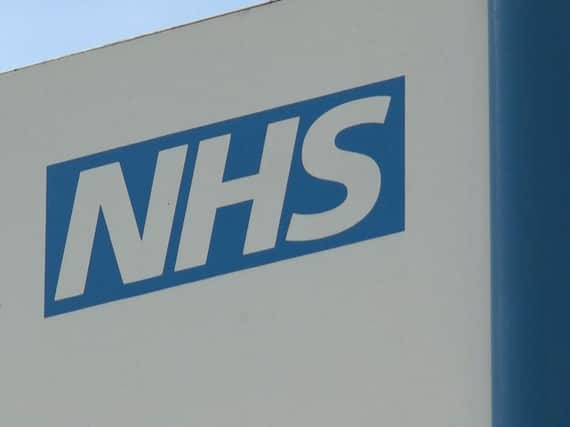GP-led groups in Preston and Chorley & South Ribble could merge


Currently, the Greater Preston and Chorley and South Ribble areas each have their own Clinical Commissioning Group (CCG). The groups are responsible for planning and buying the majority of health services delivered in each locality.
Informal discussions have begun amongst CCG members - which number all GP practices in each of the two areas - about the possibility of becoming a single entity. A formal consultation process has not yet been launched.
Advertisement
Hide AdAdvertisement
Hide AdEach of the CCGs governing bodies already share several senior officers, including the overall leader of the two organisations. But there are different GP directors to represent the doctors' surgeries in each area, as well as independent lay members with particular specialisms.
Denis Gizzi, chief officer for both of Central Lancashire’s CCGs, told a meeting of the Greater Preston group that they were being asked by NHS bosses to operate at a “sensible level to reduce costs to the taxpayer”.
“If you look at our system and bear in mind that we’ve got to make a 20 percent saving in running costs by 2020, I think we have to seriously consider merging the two governing bodies - simply because of the amount of money we spend running duplicate systems,” Mr. Gizzi said.
But the recently-published NHS ten-year plan suggests that CCGs should merge over much wider NHS organisational areas, to become “leaner and more strategic”. That would involve bringing together a total of eight existing CCGs across Lancashire and South Cumbria.
Advertisement
Hide AdAdvertisement
Hide AdMr. Gizzi told members in Preston that he believed such a super-organisation would bet a step too far.
“I think it would be a mistake to move away from the concept of clinical leadership at the level at which it engages the public - and I just don’t see how it would work if you created one CCG across Lancashire and South Cumbria,” he said.
“How would you do that and retain [the] local clinical knowledge which benefits local people? I think it gives us a clinical and engagement issue.”
The two CCGs usually hold their governing body meetings on consecutive days in their own patch on six occasions throughout the year.
Other sub-committees make decisions on the commissioning of urgent and emergency care, pre-planned procedures and, since 2015, GP services.